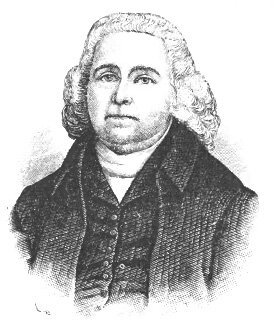Our Crazy (and Vital) Baptist History, Part 3
[Read Part 1 of “Our Crazy (and Vital) Baptist History]
[Read Part 2 of “Our Crazy (and Vital) Baptist History]
How Baptists shaped history
Baptists like us have shaped the history of our nation in profound ways.
Long before the colonists here fathomed the concept of political independence, these early Baptist believers sought a liberty of conscience, worship, and affiliation. They pushed ruling authorities to allow local churches to believe what they gleaned from scripture and to practice that faith uncoerced by imperial policy.
They pushed for religious liberty. They took radical stands.
They cared about people, especially those being persecuted.
Like Roger Williams, many early Baptists protested the brash and mindless persecution of the Native American populations.
They knew freedom of conscience should be a liberty shared by all, including all people of every faith. They protested the status quo, imperial and Puritan policies which legislated faith, that is, what people could and could not believe.
For these early Baptists, faith was by definition, a mysterious, highly personal relationship between the individual and their God.
So these crazy Baptists got themselves into considerable trouble. Silence, acquiescence, or a naïve hope that ruling authorities would somehow see the light seemed not to occur to these passionate believers.
They spoke out. They demonstrated. And they conveyed considerable courage.
They remained persistent in spite of significant obstacles and resilient in the face of persecution. They also displayed surprising moral, spiritual, and political clout. Their influence began to far exceed their numbers, governmental power, or economic standing.
Baptist Influence among the other colonies
Not long after the new charter in the little colony of Rhode Island (see Our Crazy Baptist History, Pt. II), the colonial governments of New Jersey, Carolina, and Pennsylvania each gained their own charters. And each of these was based in large part on the religious freedoms granted the early Baptists led by Clarke and Williams in 1663.
But moving hearts and minds away from tradition takes much more than bold, tireless efforts of just a few early Baptists on these American shores.
A host of others waxed and waned through the decades, their voices and lives providing a dose of courage here and added wisdom there. One of those other key Baptist influencers was Isaac Backus.
Isaac Backus (1724-1806)
Isaac Backus | Image via Wikipedia
Preaching, speaking, writing, petitioning, and protesting, Isaac Backus rose to prominence as a loud, dissenting voice in Massachusetts.
Standing against the full and often harsh Puritan control of all things political and spiritual, Backus worked diligently against the tax-supported Congregational Church of his home colony.
His cry of “no taxation without representation” echoed the clear calls of colonial anger against the British control of the broader American colonies. Yet even within the cross currents of colonists against the crown, Backus called out his concerns to both the British authorities as well as the Puritans trying to purify the Church of England, as well as the Pilgrim Separatists who wanted nothing to do with the Church of England.
Backus raised his Baptist voice against taxes. It was not so much taxes in general, as it was taxes levied on him and other dissenting Baptist believers to support of the Congregational church Puritan Massachusetts.
“We claim and expect,” he said, “the liberty of worshipping God according to our own consciences, not being obliged to support a ministry we cannot attend.”
In other words, Backus spoke for many others who, like him, had no interest in or attraction to the Congregational Puritan Church of Massachusetts.
They were not welcome because they disagreed with the polity of the church as well as the theology of the ministers. Yet they were forced to pay taxes that supported both while persecuted by each. To Backus, this made no sense.
This “taxation without representation” resonated with other dissenters, others for whom their hearts and souls would not allow some bland adherence to a creedal doctrine without passion or spiritual substance.
In 1774, over a century after Clarke and Williams fought their battles for religious freedom, Backus was sent as a delegate and spokesperson from the Warren Association in New England to the Continental Congress gathering in Philadelphia. He and other Baptist believers had endured disrespect, discrimination, and outright persecution.
Government intrusion into the lives of faithful believers and church intrusion into the running of an imperial system struck these faithful Baptist Christians as not only wrong-headed, but wrong-hearted.
He spoke from his soul, moved those present with his passion, and planted that fertile Baptist seed in a soil roiled with ranker and not yet ready for the kind of religious liberty Baptists so fervently sought.
Backus, sadly, would not live to see the reforms he longed for and dedicated his life to. At least he enjoyed the knowledge that others, too, were speaking and writing and living a life of faithful calling.
One highly influential Baptist voice would come in the very next generation.
John Leland (1754-1841)
John LeLand | Image via Find a Grave
This key actor on the striking stage of Baptist influence is John Leland.
Cast in the mold of Williams and Clarke, and highly influenced by the political perspectives of Thomas Jefferson, Leland drastically shifted the balance of American religious freedom in the direction Roger Williams first envisioned and which Jefferson ultimately espoused.
Born in Massachusetts, Leland preached there with vigorous passion. A man of open mind and compassionate heart, his call for religious freedom included an adamant stance against creeds of any kind.
A rationalist, he felt the holy combination of mind, heart, and God’s inspiration sufficient to experience both God’s grace as well as God’s guidance. And he was clear about soul freedom leading to church freedom:
“… the fondness of magistrates to foster Christianity has done it more
harm than persecutions ever did.”
Therefore, churches should be allowed to preach, teach, and espouse what they believe to be inspired, right, and for the good of all.
Massachusetts continued to be controlled by the interwoven policies of Puritan religious leaders serving as political overseers. Leland was not popular among those in power. Like Isaac Backus, Roger Williams, and many others before him, his sermons and his politics got him in trouble. He moved to Virginia.
John LeLand in Virginia
In Virginia, LeLand continued to generate controversy. Instead of the Puritan churches of New England wanting to purify the Anglican church, the majority of the churches in Virginia remained part of the state Anglican church, or the Church of England.
This Anglican/Church of England paid the salaries of the local pastors. Therefore, these local pastors had a vested interest in preaching on behalf of the king, espousing English policy and prosperity, while preaching against any local colonial decision-making authority.
“[James] Madison had not yet come to appreciate the value of religious liberty. But LeLand...”
Pastors of those Anglican churches on Virginia soil comforted the people, cared for the sick, and did mostly what pastors are called to do. Yet they also often served as information channels for the crown.
Paid by the government, they could easily be used to assuage anger, pacify colonial passions, and compliment status quo policies. They were, after all, employees of the very imperial system colonists were becoming increasingly frustrated by.
Leland became highly influential in the very area in Virginia where two famous Virginians were living: James Madison and Thomas Jefferson.
Madison had not yet come to appreciate the value of religious liberty. But Leland, having lived in a place where persecution for one’s faith created genuine hardship, conversed regularly with Madison.
Finally, in the election year of 1788, under an oak tree in Orange, Virginia, John Leland declared his support to Madison in that election, as long as Madison would clearly espouse the religious liberty Baptists had long sought.
As a direct result of their relationship and their passionate discussions on this specific issue, Madison made religious liberty a key part of the First Amendment to the Constitution, also known as The Bill of Rights (or the first ten amendments.)
Congress shall make no law respecting an establishment of religion, or prohibiting the free exercise thereof; or abridging the freedom of speech, or of the press; or the right of the people peaceably to assemble, and to petition the Government for a redress of grievances.
Notice, it is the first phrase of the first amendment that clearly reflects the longstanding demands of Baptists in this land, all the way back to Roger Williams.
We should both proud and thankful! Their strong influence will continue, for good and for ill. Stay tuned!
Read more
What Does It Mean to Be Baptist?
Our Crazy (and Vital) Baptist History, Part 1
Our Crazy (and Vital) Baptist History, Part 2
David Jordan, Senior Pastor, First Baptist Church of Decatur



